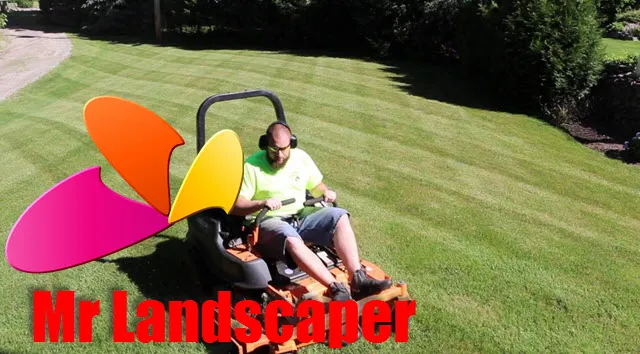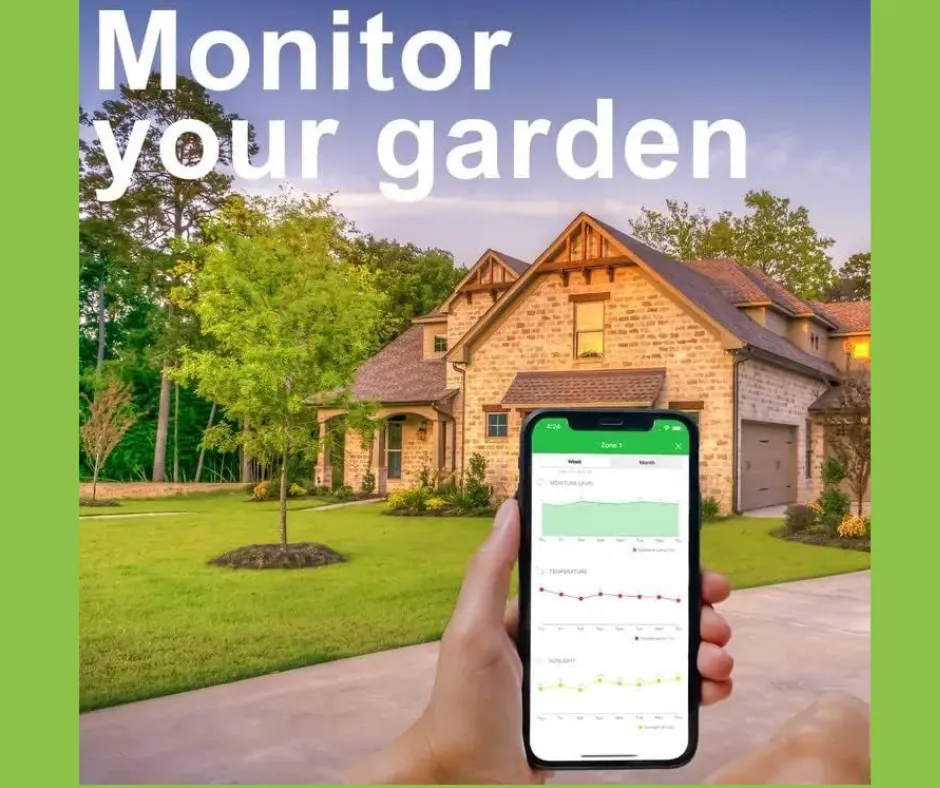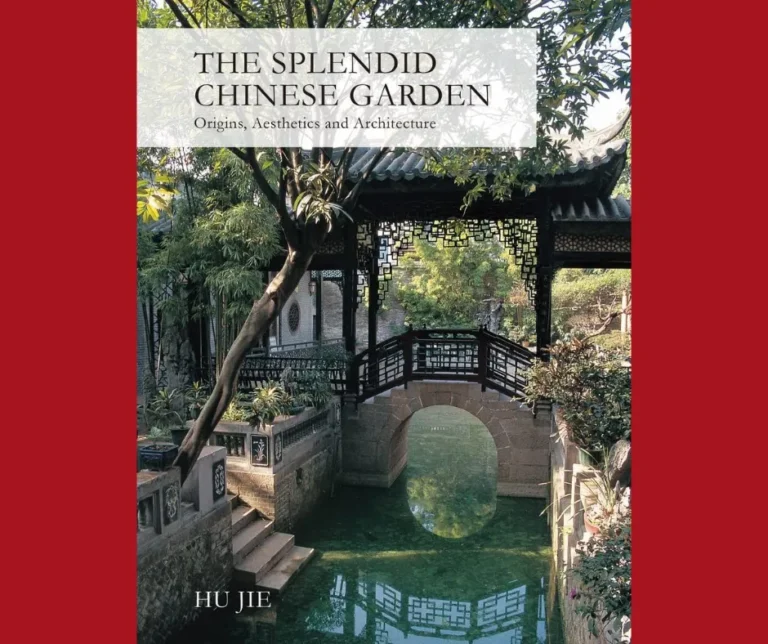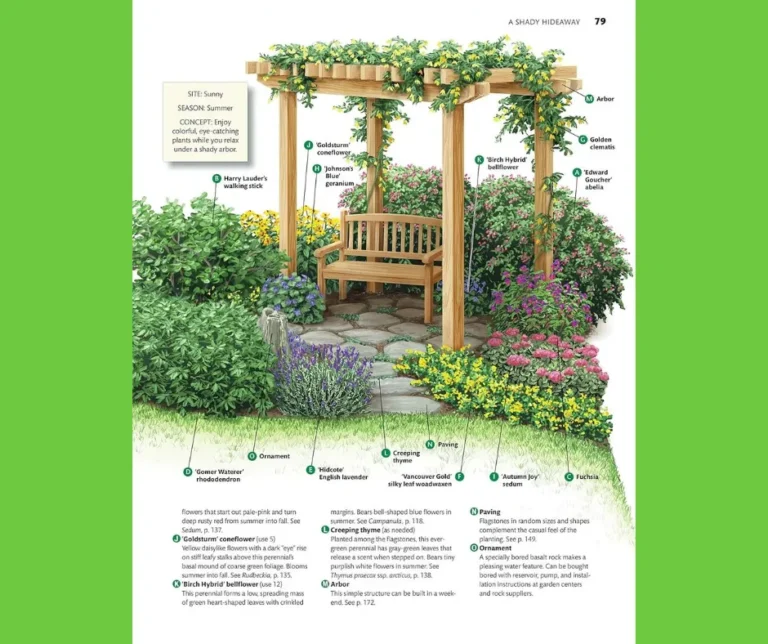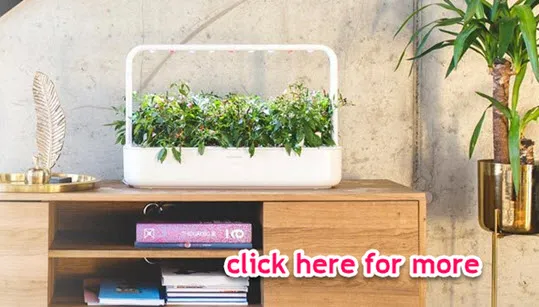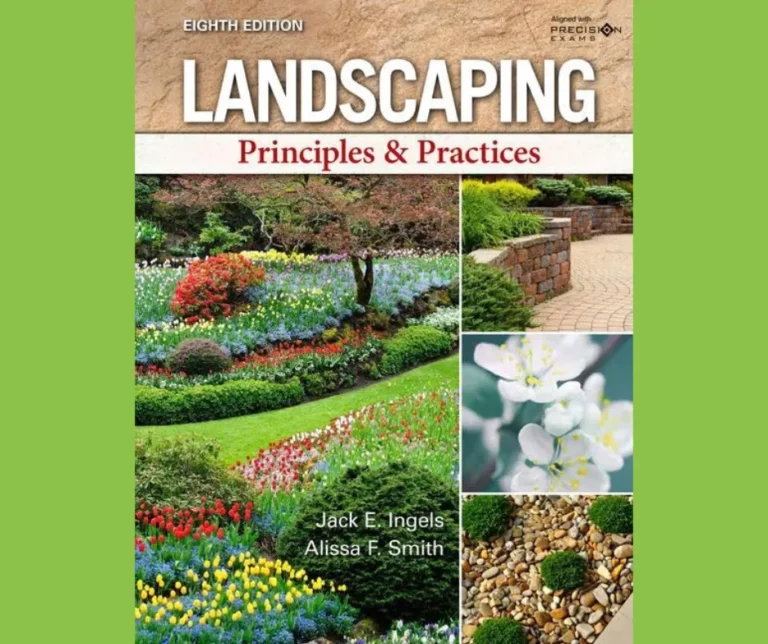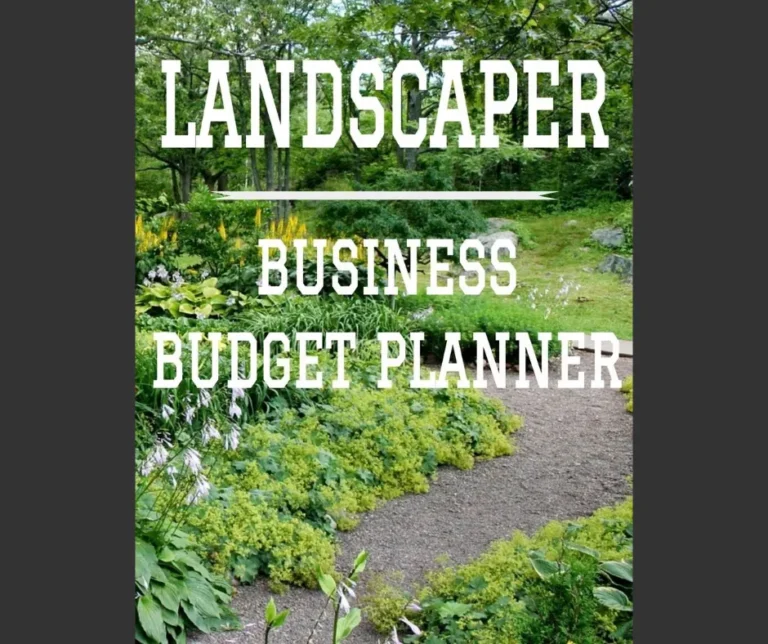Conserve Water and Promote Sustainability
If you’re looking to Conserve Water and Promote Sustainability to create a more sustainable and eco-friendly home, one area that often gets overlooked is your outdoor space.
Landscaping is not just about creating a beautiful and inviting environment, it can also play a significant role in conserving water and promoting sustainability.
By using environmentally-friendly practices and making conscious choices in your landscaping design, you can reduce water usage, prevent soil erosion, and support local wildlife.
In this article, we will explore the various ways in which landscaping can contribute to a more sustainable lifestyle and provide tips on how you can incorporate these practices into your own outdoor space.
Whether you have a large yard or a small balcony, there are simple and effective ways to make your landscaping more eco-friendly and help preserve our planet’s precious resources.
So, if you’re ready to learn how landscaping can go beyond just aesthetics and have a positive impact on the environment, read on.
Table of Contents Conserve Water and Promote Sustainability
Choose drought-resistant plants and grass
To promote water conservation and sustainability in your landscaping efforts, it is crucial to choose drought-resistant plants and grass.
By opting for these resilient varieties, you not only reduce your water consumption significantly but also ensure the long-term health and vitality of your landscape.
Drought-resistant plants and grass are specifically cultivated to thrive in arid conditions, requiring minimal irrigation and maintenance.
These hardy plants have evolved to withstand prolonged periods of limited water availability, making them an ideal choice for regions prone to drought or where water resources are scarce.
By incorporating these water-wise plants into your landscape design, you can create a beautiful and sustainable outdoor space, while minimizing your environmental impact and preserving precious water resources.
Incorporate rain barrels and cisterns
Another effective way to conserve water and promote sustainability in your landscaping is to incorporate rain barrels and cisterns.
These innovative systems allow you to capture and store rainwater, which can then be used for various purposes in your landscape.
By collecting rainwater, you can significantly reduce your reliance on municipal water sources and decrease your overall water consumption.
The collected rainwater can be used to irrigate your plants, wash outdoor surfaces, or even top up decorative water features.
Installing rain barrels and cisterns not only helps you save water but also reduces stormwater runoff, which can help prevent soil erosion and minimize water pollution.
With this simple addition to your landscaping, you can actively contribute to water conservation efforts and promote a more sustainable environment.
Install a drip irrigation system
To further enhance water conservation and promote sustainability in your landscaping, consider installing a drip irrigation system.
This advanced method delivers water directly to the roots of your plants in a slow and precise manner, minimizing water waste through evaporation and runoff.
By using a network of tubes and emitters strategically placed throughout your landscape, a drip irrigation system ensures that each plant receives the right amount of water it needs without overwatering or overspraying.
This not only saves water but also nurtures healthier and more resilient plants.
Additionally, the controlled delivery of water prevents weed growth and reduces the risk of disease, leading to a more efficient and environmentally-friendly landscape.
By incorporating a drip irrigation system, you can actively contribute to water conservation efforts and create a sustainable outdoor space that thrives while minimizing water usage.
Utilize mulch to retain moisture
Another effective strategy to conserve water and promote sustainability in your landscaping is by utilizing mulch to retain moisture.
Applying a layer of organic mulch, such as wood chips or shredded bark, around your plants and garden beds helps to create a protective barrier that locks in moisture and prevents evaporation.
The mulch acts as a natural insulator, keeping the soil cool and reducing water loss due to heat and wind.
Additionally, mulch helps to suppress weed growth, reducing competition for water resources.
By incorporating this simple yet effective practice into your landscaping, you can significantly reduce water usage while maintaining a lush and healthy outdoor environment.
Practice proper lawn maintenance techniques
To ensure optimal water conservation and sustainability in your landscaping, it is essential to practice proper lawn maintenance techniques.
Firstly, adjust your lawn mower to a higher setting, allowing the grass to grow slightly longer.
Longer grass provides shade to the soil, reducing evaporation and the need for frequent watering.
Secondly, water your lawn deeply but infrequently, preferably during early morning or late evening hours when evaporation is minimal.
This allows for better absorption and utilization of water by the grass roots.
Additionally, check for any leaks or inefficiencies in your irrigation system and promptly address any issues to avoid water wastage.
Regularly aerating and fertilizing your lawn will also promote healthy root growth, enabling the grass to access water more efficiently.
By implementing these proper lawn maintenance techniques, you can conserve water and promote sustainability in your landscaping, contributing to a greener and more environmentally-friendly outdoor space.
In conclusion, incorporating sustainable landscaping practices into your outdoor space not only helps conserve water, but also promotes overall environmental sustainability.
By choosing drought-resistant plants, using mulch, and implementing irrigation systems, you can significantly reduce your water usage and contribute to a more sustainable future.
Additionally, landscaping can increase property value, improve air quality, and provide a beautiful and relaxing outdoor space for you to enjoy.
Consider making the switch to sustainable landscaping methods today and make a positive impact on both the environment and your property.
FAQ
How can landscaping techniques such as xeriscaping help conserve water in arid regions?
Xeriscaping can greatly assist in conserving water in arid regions.
By implementing this landscaping technique, you can minimize water usage and still maintain a beautiful outdoor space.
Choose drought-tolerant plants that require less water and incorporate efficient irrigation systems like drip irrigation.
Using mulch helps retain moisture in the soil, reducing water evaporation.
Additionally, arranging plants strategically based on their water needs allows for efficient watering.
By adopting xeriscaping, you can conserve water in arid regions while still enjoying a vibrant and sustainable landscape.
What are some innovative irrigation systems that can be used in landscaping to minimize water usage?
You can explore using drip irrigation systems or smart irrigation systems in your landscaping to reduce water usage.
Drip irrigation delivers water directly to the roots of plants, minimizing evaporation and runoff.
Smart irrigation systems use weather data and soil moisture sensors to adjust watering schedules and amounts based on actual plant needs.
These technologies allow for more efficient water distribution, ensuring that your landscaping receives the right amount of water at the right time.
By implementing these innovative irrigation systems, you can conserve water and promote sustainable landscaping practices.
How does incorporating native plants in landscaping designs promote sustainability and water conservation?
By incorporating native plants in your landscaping designs, you promote sustainability and water conservation.
When you choose plants that are native to your region, they are naturally adapted to the local climate and soil conditions, requiring less water, fertilizer, and maintenance.
Native plants also have deep root systems that help prevent erosion and improve soil health.
These plants provide food and habitat for native wildlife, promoting biodiversity.
By reducing the need for excessive irrigation, native plants help conserve water resources, making your landscaping more eco-friendly and sustainable.
What are some practical tips for homeowners to reduce water consumption in their landscaping practices?
To reduce water consumption in your landscaping practices, start by installing a drip irrigation system.
This will help deliver water directly to plant roots, minimizing wastage.
Additionally, consider grouping plants with similar water needs together, so you can efficiently water them.
Mulching your garden beds will also help retain moisture and minimize evaporation.
Limit the use of grass in your landscape and opt for native, drought-resistant plants instead.
Lastly, make sure to regularly check for leaks in your irrigation system and fix them promptly.
These simple tips will help you conserve water and maintain an eco-friendly landscape.
How can landscaping professionals educate their clients about the importance of water conservation and sustainable landscaping practices?
As a landscaping professional, you can educate your clients about the importance of water conservation and sustainable landscaping practices by providing them with informative materials and resources.
Show them the benefits of using native plants that require less water and explain how proper irrigation techniques can minimize water waste.
Additionally, discuss the long-term cost savings associated with water-efficient landscaping.
Encourage your clients to consider installing rain barrels or using drip irrigation systems to further conserve water.
By presenting them with this information and highlighting the positive impact they can make on the environment, you can help them understand the significance of adopting sustainable landscaping practices.
